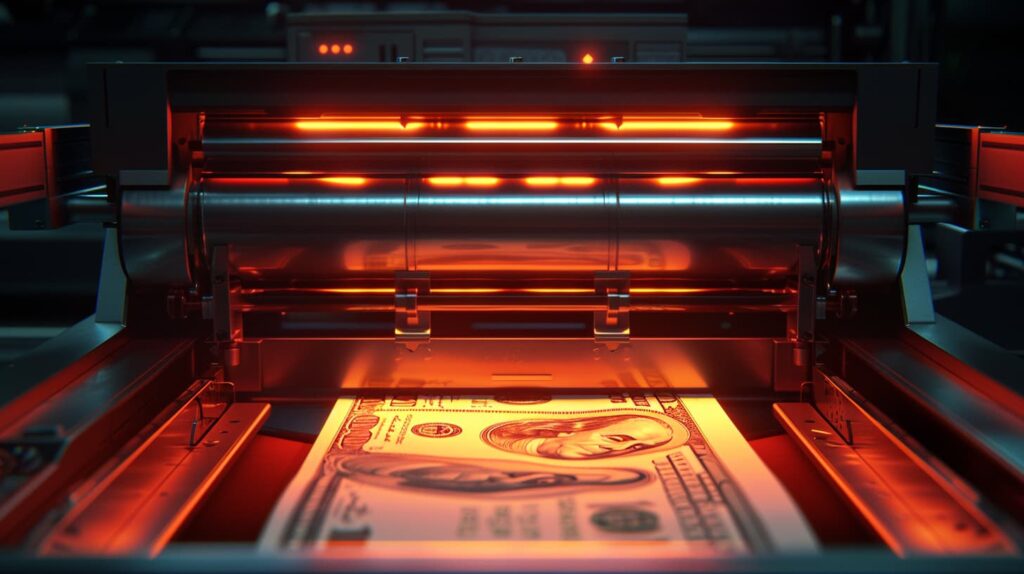Billionaire Ray Dalio warns that US monetary policy is drifting into perilous territory, saying the Federal Reserve may be pumping liquidity into an economy fueled by debt and the AI boom.
In a new post on X, Dalio notes that Chair Jerome Powell said in a recent press conference that the Fed is exploring the idea of restarting quantitative easing (QE).
“…at a certain point, you’ll want reserves to start gradually growing to keep up with the size of the banking system and the size of the economy. So we’ll be adding reserves at a certain point…”
Dalio says Powell’s commentary suggests a pivot toward balance-sheet expansion even as unemployment remains low, stocks sit near record highs, credit spreads stay tight and AI equities are in bubble-level exuberance.
“When the Fed and/or other central banks buy bonds, it creates liquidity and pushes real interest rates down… If it stays in financial assets, it bids up financial asset prices and lowers real yields so multiples expand, risk spreads compress, and gold rises so there is ‘financial asset inflation.’ That benefits holders of financial assets relative to non-holders, so it widens the wealth gap.
It typically passes to some degree into goods, services, and labor markets raising inflation. In this case, with automation replacing labor, the extent to which this will happen would seem to be less than typical.”
The billionaire warns that this time is different because the Fed would be stimulating in bubble-like conditions, when history shows that the central bank typically eases during periods of economic depression.
“So, QE now would not be a ‘stimulus into a depression but rather a ‘stimulus into a bubble…’ Because the fiscal side of government policy is now highly stimulative (due to huge existing debt outstanding and huge deficits financed with huge Treasury issuance especially in relatively short maturities) QE would effectively monetize government debt rather than simply re-liquify the private system. That’s what makes what is happening different in ways that seem to make it more dangerous and more inflationary. This looks like a bold and dangerous big bet on growth, especially AI growth, financed through very liberal looseness in fiscal policies, monetary policies, and regulatory policies…”
Disclaimer: Opinions expressed at CapitalAI Daily are not investment advice. Investors should do their own due diligence before making any decisions involving securities, cryptocurrencies, or digital assets. Your transfers and trades are at your own risk, and any losses you may incur are your responsibility. CapitalAI Daily does not recommend the buying or selling of any assets, nor is CapitalAI Daily an investment advisor. See our Editorial Standards and Terms of Use.


